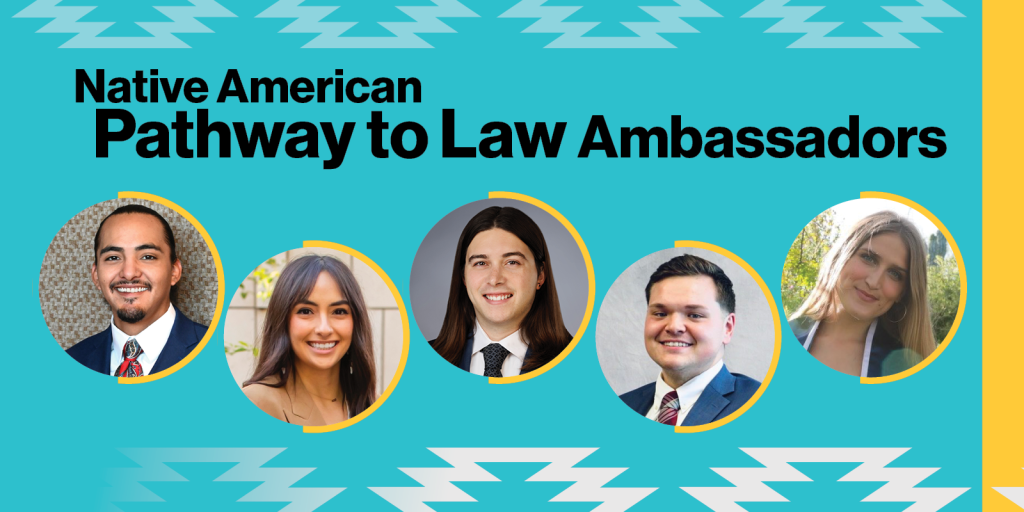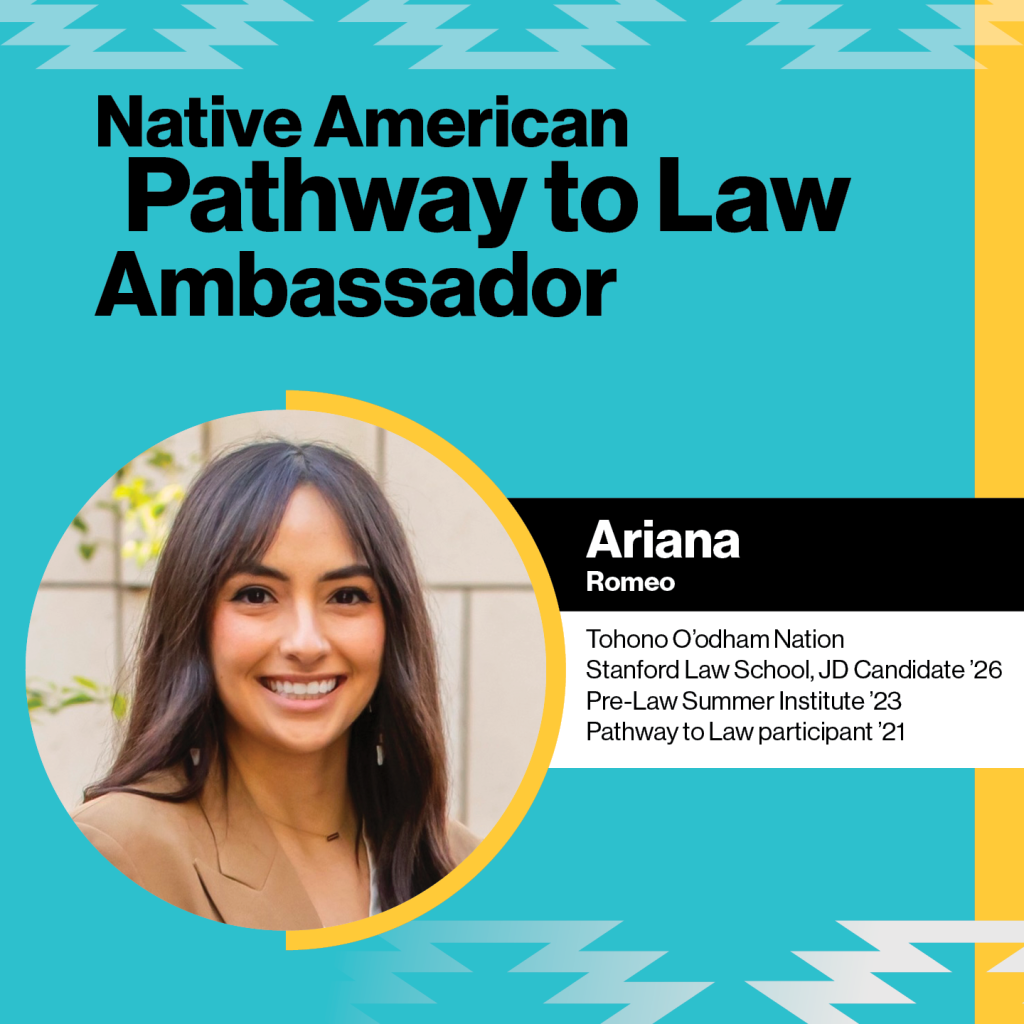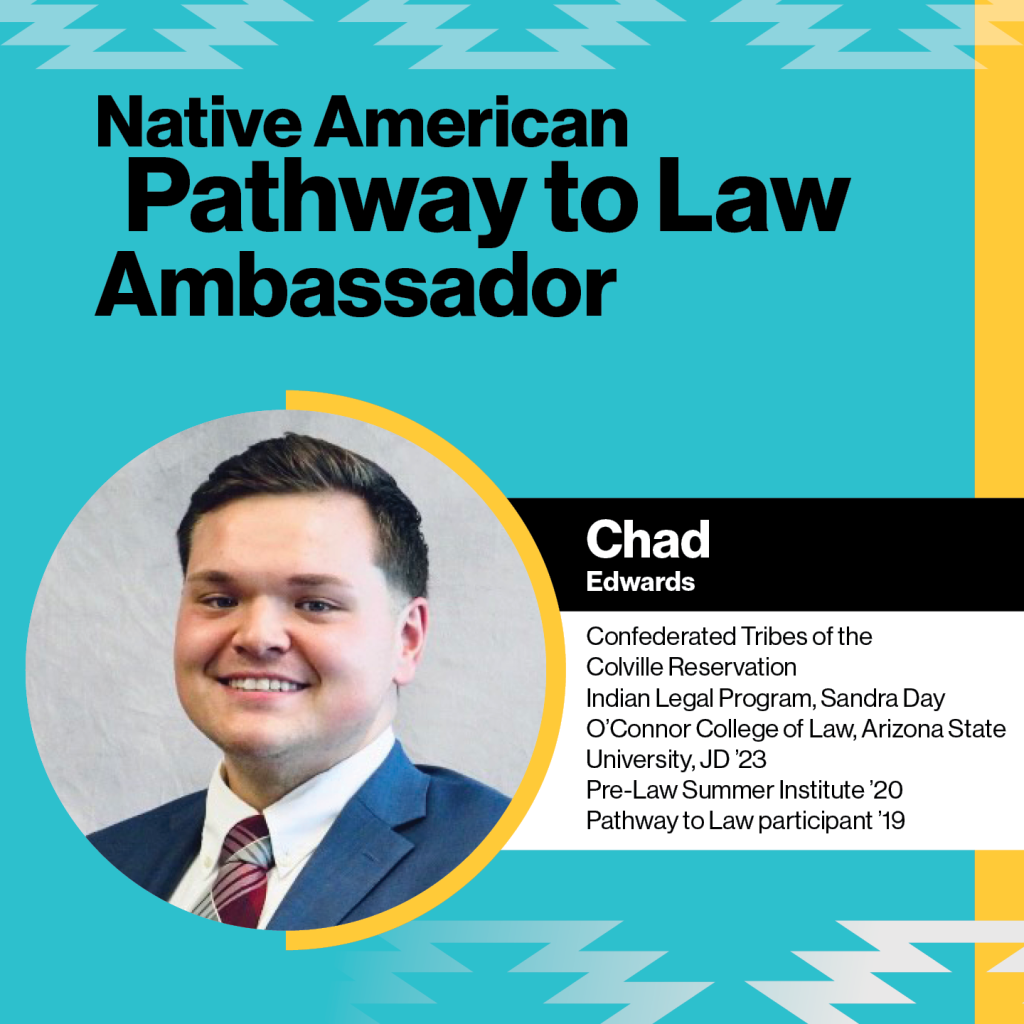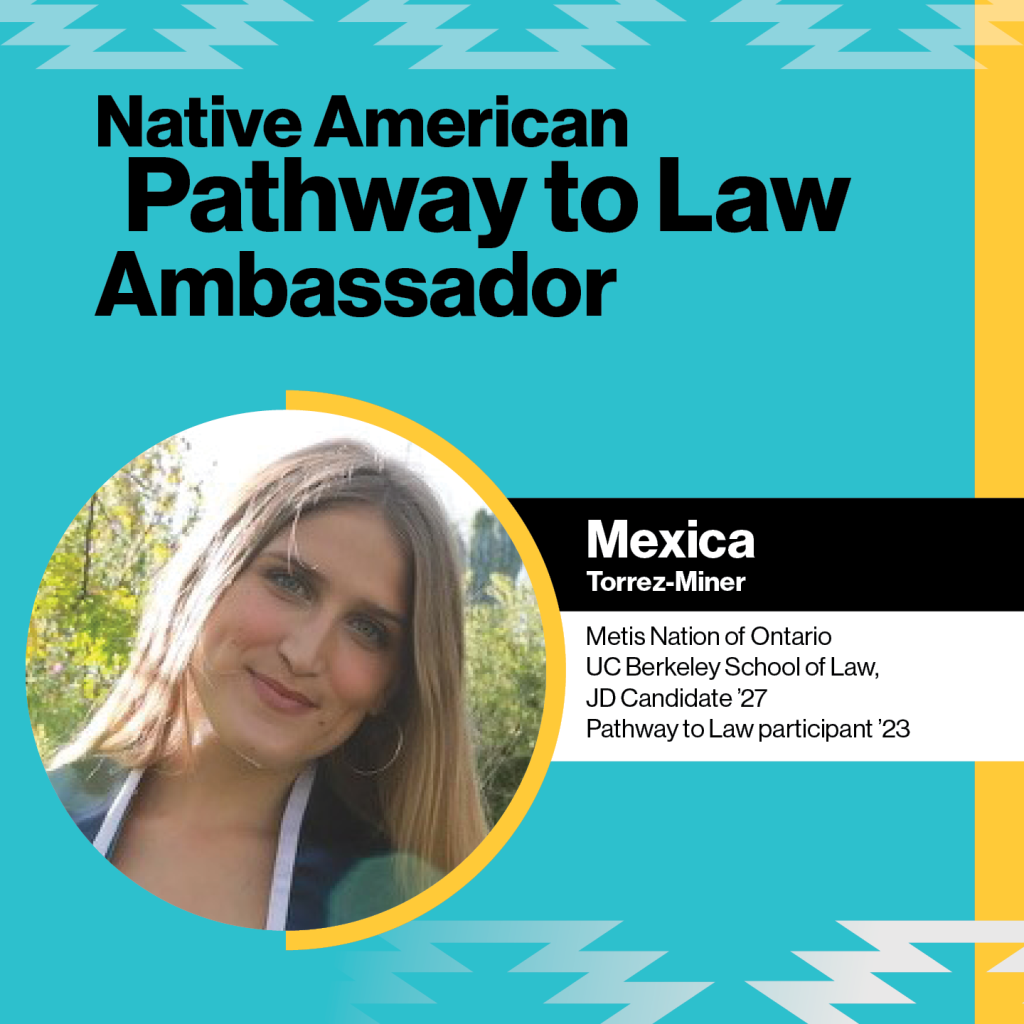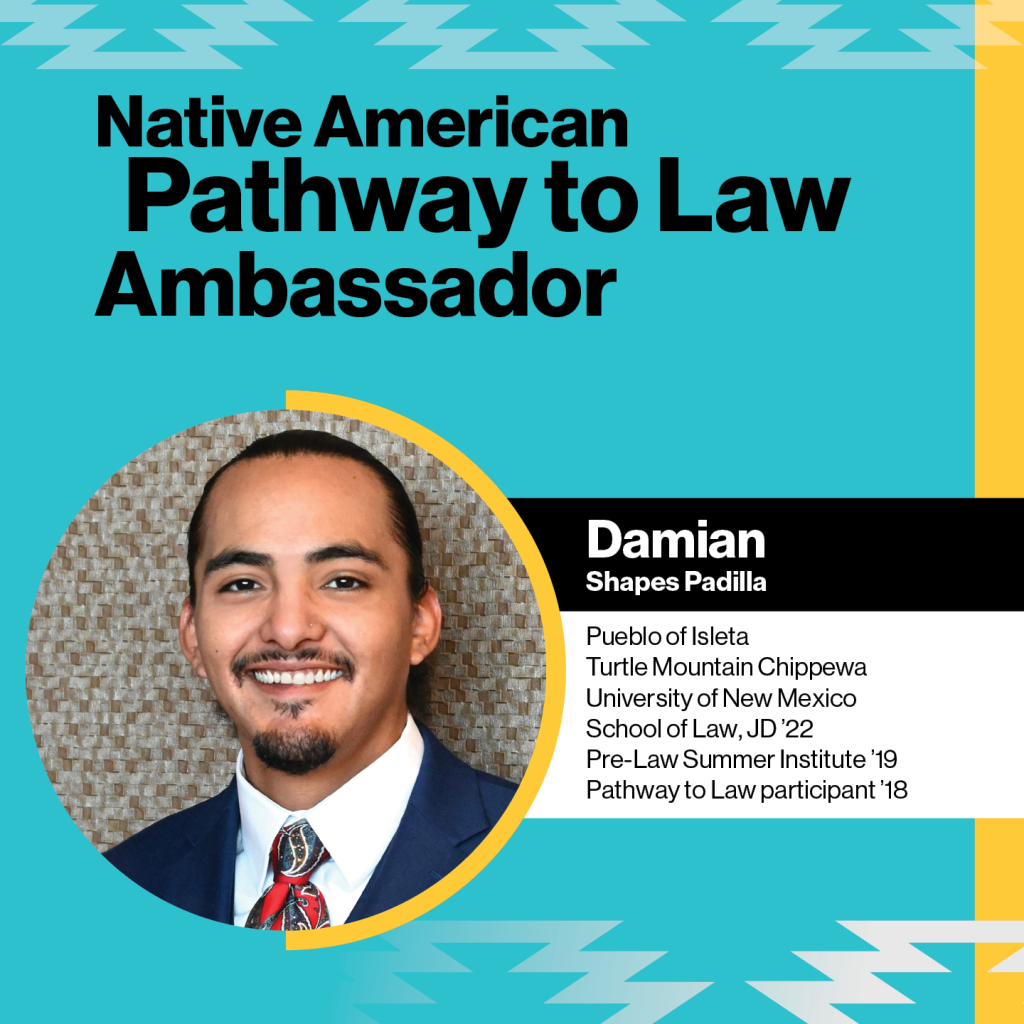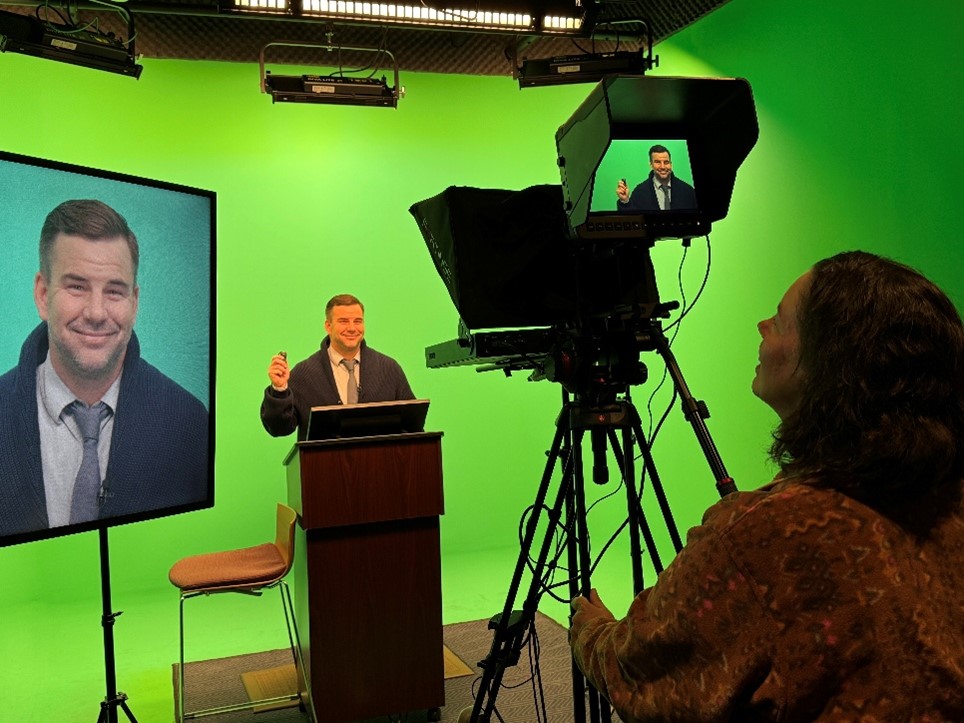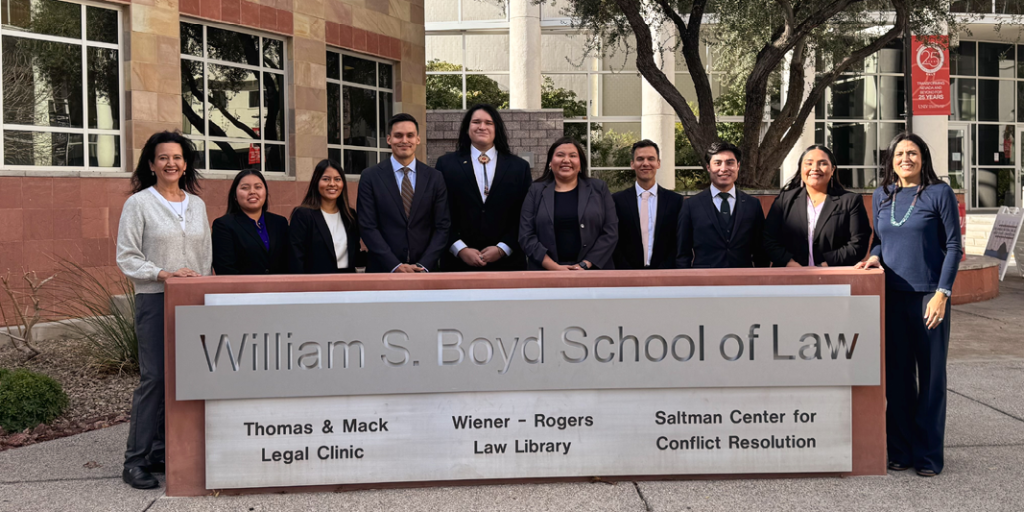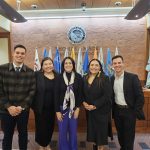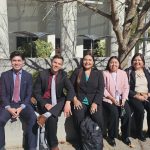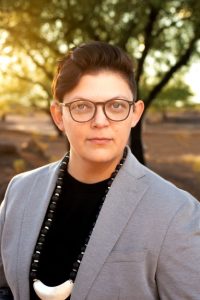Damian Shapes Padilla
Pueblo of Isleta & Turtle Mountain Chippewa
University of New Mexico School of Law, JD ’22
Pre-Law Summer Institute ’19
Pathway to Law participant ’18
What was your experience with the Pathway to Law Workshop?
My experience with the Pathway to Law Workshop was incredibly enriching and truly helped provide a pipeline for me in my pursuit to work in this field I’m so passionate about. PTL provided me with an understanding of the law school application process, which ultimately led me to pursue my legal education and eventually a career in Tribal law and advocacy. One of the most lasting impacts of the workshop was the connections I built—not only with legal professionals at the time but also with my cohort of peers, who went on to pursue careers in law and policy advocating on behalf of Indian Country. Many of them remain some of my dearest friends today, shoutout to the PTL 2018 fam!
What information did you find most important in the Workshop (i.e. LSAT prep, personal statement building, etc) and why?
The most valuable part of the workshop for me was learning about the factors that admissions councils consider in applications: the LSAT, undergraduate GPAs, applying to a range of law schools, and the importance of a personal statement. That was the first LSAT I had ever taken, and I’m forever grateful I’ll never have to take one again! While I applied to as many law schools as I could, the most impactful session for me was the one on personal statements. I remember them emphasizing how much weight a meaningful statement can carry on a law school application. If there’s one thing I took away from PTL, it was knowing that my strength was in drafting a personal statement about why I wanted to pursue law and why it was important to me. I wasn’t generic, and I really believe my personal statement was a significant factor in being offered a seat at UNMSOL.
Looking back, the Pathway to Law Workshop not only gave me the tools to navigate the law school application process but also the confidence to tell my story authentically. That personal statement became more than just part of an application—it was a reflection of my passion, my purpose, and my commitment to advocating for Indian Country. I’m so grateful for the foundation PTL provided, and I’ll always credit it as a key step in my journey to UNMSOL and beyond.
Would you recommend students interested in law to attend the Workshop?
Absolutely, I’ve already recommended PTL to folks who have expressed interest in pursuing a legal career. I think it was such a great opportunity to gain insights, build connections, and prepare for the challenges of law school. The workshop not only equips students with the knowledge they need to navigate the application process but also empowers them to approach the journey with confidence.
Do you have any tips for prospective students?
My advice is this: go to the PTL with curiosity, step out of your comfort zone, and be ready to learn and grow—carry eagerness in your step, but also the understanding that the path ahead is long and demanding. Remember, every challenge you face will shape you into the advocate you are meant to be. The road to and through law school is not just about earning a seat in a classroom; it’s about finding your voice, honing your purpose, and stepping into the role you are destined to fulfill.
Read more success stories: From participants to mentors: Pathway to Law ambassadors give back
Submit your application by March 16: law.asu.edu/pathwaytolaw
